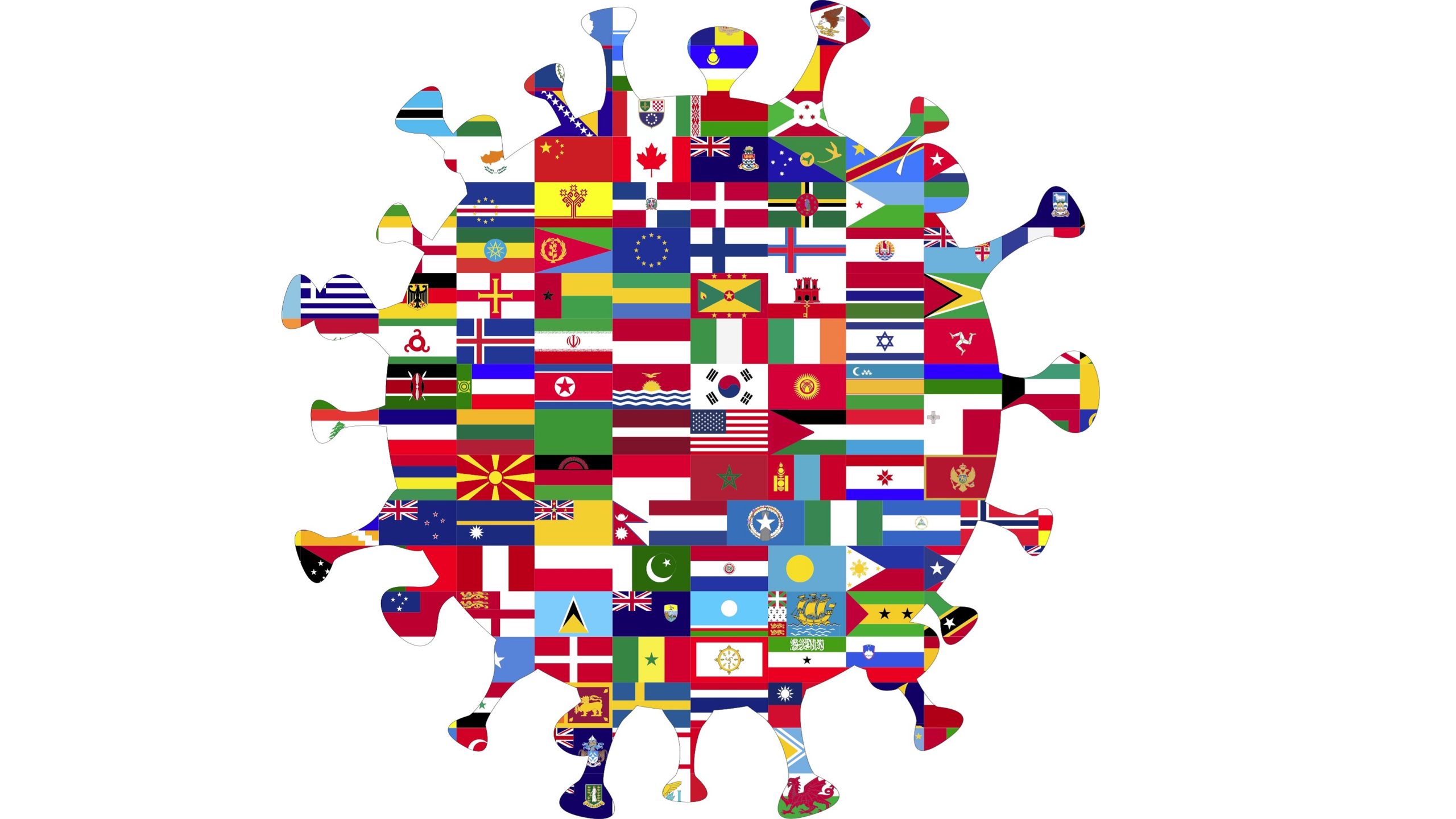The Global Impact of COVID-19
Al-Ittihad, UAE, October 29
On January 31, 2020, the World Health Organization declared the COVID-19 pandemic that began in China a “public health emergency of international concern.” On March 13, US President Donald Trump declared the epidemic a national emergency. Since the early months of 2020, the epidemic has become a global challenge. So far, more than 220 million cases have been announced, and at least 5 million people have died from the epidemic, which remains a global threat in late 2021. During this period, the global economy was seriously disrupted, a new social behavior changed the way most people lived, and the requirement of compulsory vaccination became a divisive political issue in many countries. The impact on health services, transportation, education, commerce, and leisure and entertainment was unprecedented. Many people lost their jobs and incomes. In most countries, the rich got richer while the poor got poorer. The pandemic created a number of new norms that are likely to change the way people work and live. For example, COVID-19 fundamentally changed the ways we communicate with each other. There is no doubt that the emergence of Zoom as the preferred computer application to facilitate dialogue between families and companies will not disappear with the end of the epidemic. In some ways, Zoom and other similar programs have become more effective than in-person communication. Organizing international conferences and meetings between academics, research institutions, companies and governments is now much easier and cheaper than before, as there is no need for travel and lodging. Similarly, the significant boost in online purchases from companies such as Amazon has increased the profits of these companies at the expense of traditional retail stores that are gradually shutting down throughout the world. In addition, the epidemic has had a dramatic impact on the way employees commute between home and work, and even on the way they dress. Many offices in large cities have closed or reduced the number of employees who come to work. As a result, downtown areas witnessed a sharp decrease in the number of daily commuters and the closure of many restaurants, coffee shops and local businesses. It is true that, as the epidemic comes under control, some of these companies and shops are gradually resuming some of their previous activity, but some fundamental changes in habits will take root and will likely become permanent. For example, the shift to wearing more comfortable and less formal clothes in order to go to work will lead to a decrease in the use of dry cleaners and the purchase of formal work clothes, especially suits. But the news is not all good. The prices of goods and services have risen, and fears of inflation have resurfaced, amid bad memories of the 1970s and energy shortages. Perhaps the biggest source of concern is the bogged-down global supply chains that have caused prices to rise. Certainly, if one of the outcomes of the crisis is more cooperation among nations, that would be good news. On the other hand, it would be very bad news if the epidemic’s repercussions would strengthen the already growing nationalist and populist tendencies we’re seeing around us, which will likely increase the potential for international conflict in years to come. – Jeffrey Kemp (translated by Asaf Zilberfarb)


